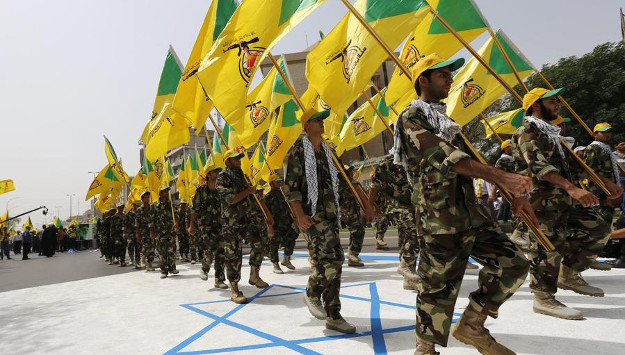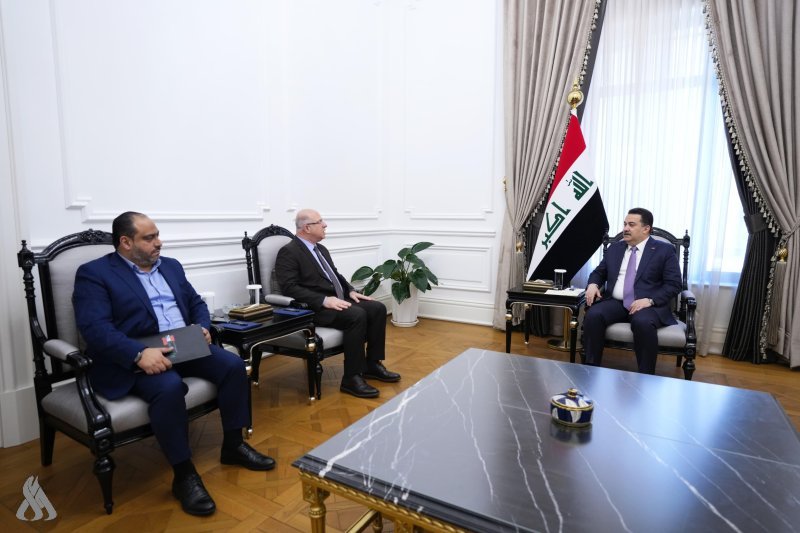A deadly clash in southern Baghdad has triggered a political storm, with serious accusations flying between Kataib Hezbollah and Iraq’s Prime Minister Mohammed Shia Al-Sudani. The militia blamed the Prime Minister for what it described as a malicious trap in Baghdad, resulting in the death of a federal police officer and injuries to over 15 others.
According to local reports, the violent confrontation broke out during a routine administrative meeting at the Agriculture Directorate in Dora. Armed men stormed the building, prompting a swift response from federal police and Karkh patrols. Gunfire erupted, leading to chaos and bloodshed.
Later that day, a senior Kataib Hezbollah official, Abu Ali Al-Askari, released a scathing statement through the group’s Telegram channel. He accused the Prime Minister of deploying a “massive army” into the district. According to Al-Askari, this was not for public safety, but rather an act of frustration over the militia’s political stance and media presence.
Al-Askari claimed that the incident was a deliberate and calculated move to provoke conflict. He alleged that the Prime Minister sought revenge over Kataib Hezbollah’s firm positions on national sovereignty and foreign occupation. In strong language, he accused Al-Sudani of lacking leadership, calling him a capable administrator but a failed military strategist.
In response to the attack, Kataib Hezbollah announced it would suspend its involvement in the Baghdad belt project. The group stated that its youth were misled into a malicious trap in Baghdad, resulting in what they called the “shedding of forbidden blood.” This, they argued, was orchestrated by internal traitors and corrupt officers.
The U.S. Embassy in Baghdad condemned the attack and pointed directly at Kataib Hezbollah. They urged the Iraqi government to hold those responsible accountable.
Despite growing international pressure, Kataib Hezbollah remained defiant. They mocked the state’s military performance, claiming that Al-Sudani’s heavily equipped forces were unable to stand against a small group of young men. They asked how these forces could ever face seasoned militants if they struggled in their own capital.
The statement warned that unless loyal defenders protect Iraq, the state will remain weak. The group ended with a call for Iraq’s political leaders to take responsibility before the crisis deepens.
The fallout from this malicious trap in Baghdad may reshape alliances and heighten tensions between Iraq’s political and armed factions.



